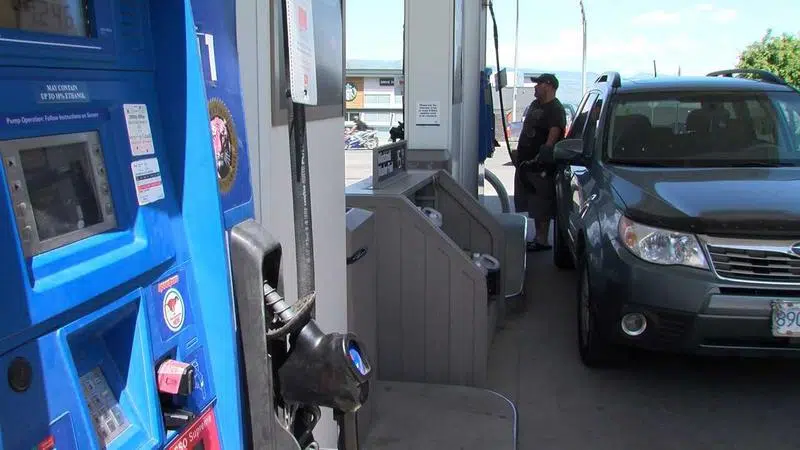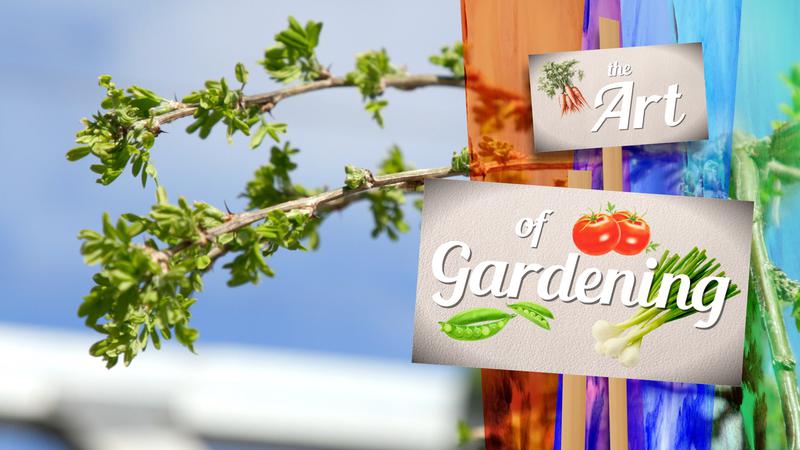
B.C. gas price inquiry: No collusion, but unexplained price difference costing $490M per year
An inquiry by the B.C. Utilities Commission into B.C. gas prices has found that there is a “significant unexplained difference” of about 13 cents per litre in the price of gas in southern B.C. compared to the rest of the Pacific Northwest.
“The prices in the Metro Vancouver area are higher by an unexplained 13 cents per litre, and they’re higher than they would be expected under more competitive conditions, and the higher price differentials cannot be explained by economic theory or justified by known factors in the market,” said BCUC chair and CEO David Morton.
“We didn’t look at the taxes, we removed the taxes and we looked at the portion of the price that doesn’t include taxes … and then from that we determined the 13 cent unexplained difference.”
The BCUC report added that B.C.’s wholesale gas market is “not truly competitive” with high levels of market concentration and high barriers to entry, with retail prices that can be controlled by just five refiner-marketers.


